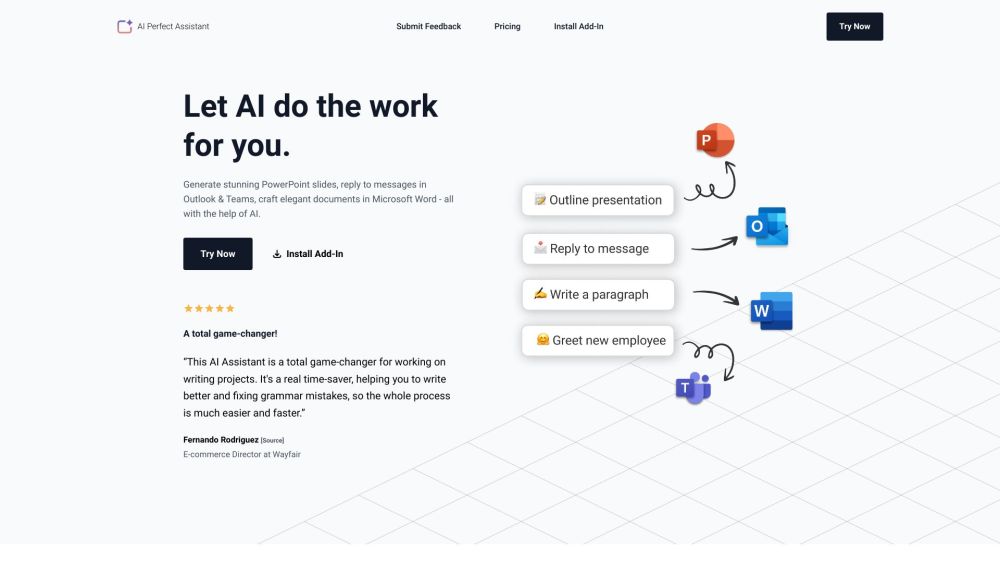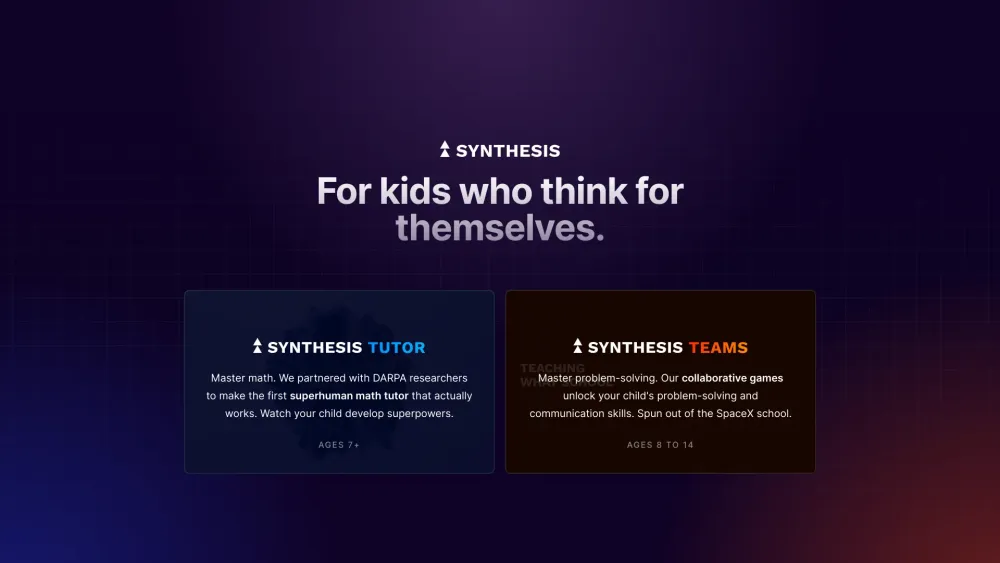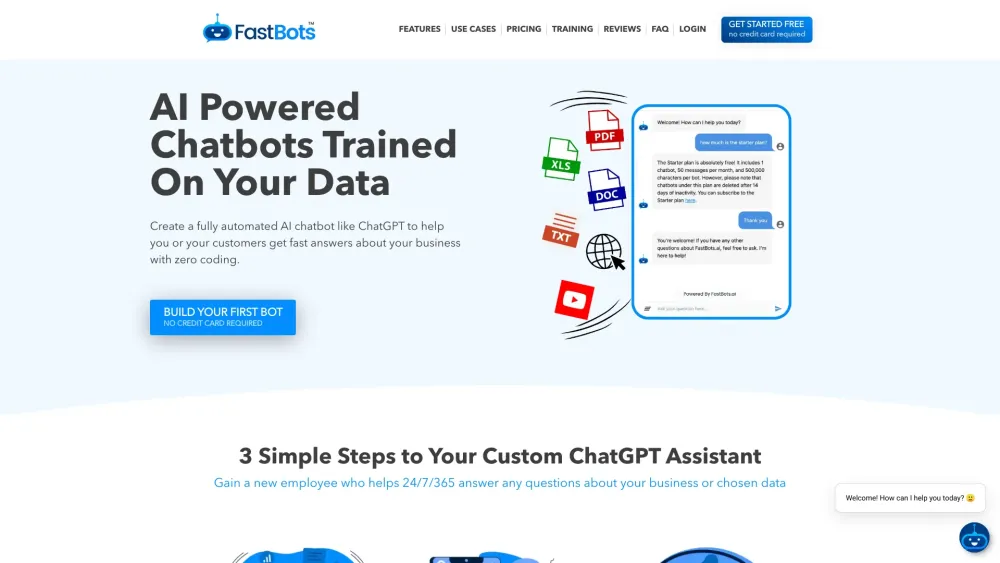How AI Security Measures in iOS 18 Transform the iPhone User Experience
Most people like

Enhance your productivity in Microsoft Suite with an AI-powered assistant designed to streamline your workflow and optimize efficiency.

In today's rapidly evolving digital landscape, effective educational AI is transforming the way we learn and teach. By leveraging advanced algorithms and data-driven insights, AI-driven solutions enhance personalized learning experiences, improve student engagement, and streamline administrative processes. This article explores the profound impact of educational AI on modern education, highlighting its benefits and potential to revolutionize the learning environment. Join us as we delve into the future of educational technology and its role in fostering better education for all.

Supernormal is a powerful AI tool designed to streamline the process of documenting meeting notes, saving you valuable time through efficient automation.
Find AI tools in YBX
Related Articles
Refresh Articles

